-
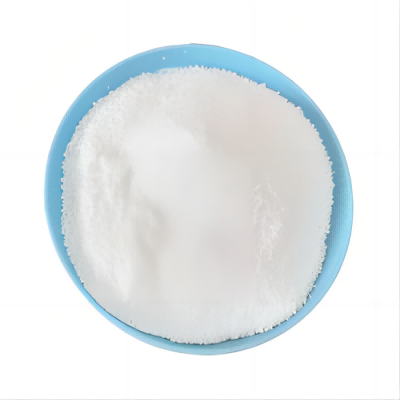
Potassium Carbonate CAS:584-08-7 Manufacturer Supplier
Potassium carbonate, also known as potash or pearl ash, appears as a white powder or as colorless solid crystal with salty taste and deliquescence. It can be dissolved in water to form a strongly alkaline solution. However, it is insoluble in organic solvents such as ethanol. It has wide applications. For example, it can be used as a drying agent, buffering agent and a source of potassium in laboratory. It can also be used for the manufacturing of fire extinguishers, soap, glass, and soften water.
-
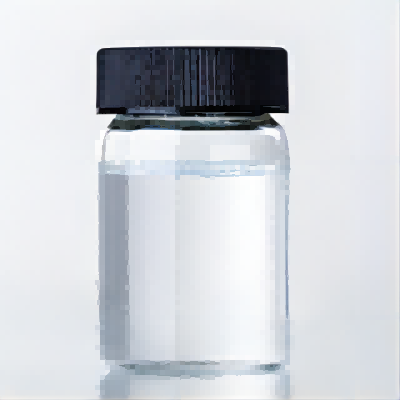
Glycerol CAS:56-81-5 Manufacturer Supplier
Glycerol is a colorless, viscous, hygroscopic, sweet-tasting trihydric alcohol. It is also called glycerin or glycerine, with the term glycerol being preferred as the pure chemical form and the term glycerin(e) being primarily used when the compound is used commercially in various grades.
-
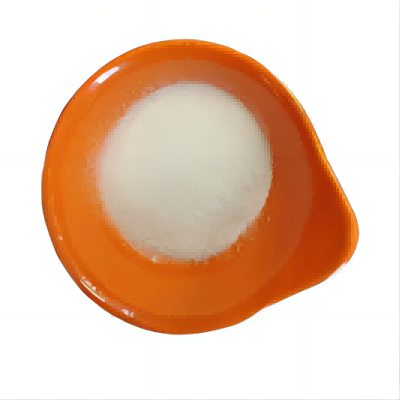
Sodium Cirtrate CAS:68-04-2 Manufacturer Supplier
Trisodium citrate has the chemical formula of Na3C6H5O7.It is some times referred to simply as sodium citrate, though sodium citrate can refer to any of the three sodium salts of citric acid. It possesses a saline, mildly tart flavor. For this reason, citrates of certain alkaline and alkaline earth metals (e.g. sodium and calcium citrates) are commonly known as “sour salt” (occasionally citric acid is erroneously termed sour salt).
-
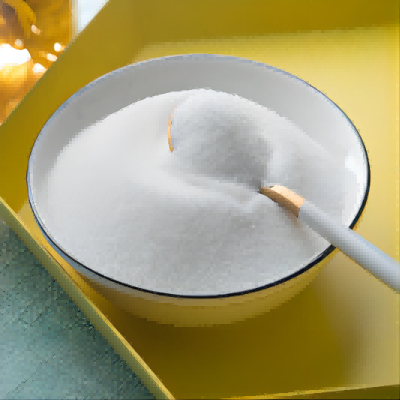
Potassium Tartrate CAS:921-53-9 Manufacturer Supplier
Potassium tartrate is the potassium salt of tartaric acid. It is often confused with potassium bitartrate, also known as cream of tartar. As a food additive, it shares the E number E336 with potassium bitartrate.
-
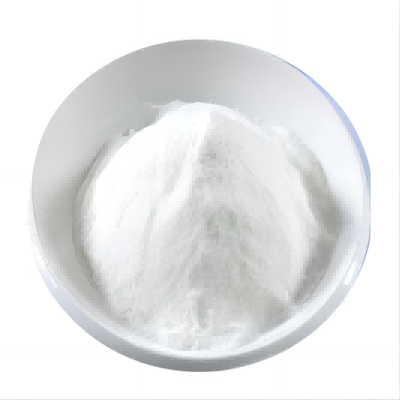
Zinc Methionine CAS:56329-42-1 Manufacturer Supplier
Zinc Methionine is one of the essential elements of animal body, is a variety of metal enzymes and insulin composition. It is in the body with a wide range of physiological and biochemical function, and is called “life element”.
-
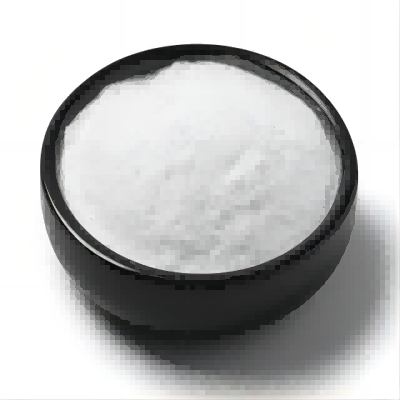
Mannitol CAS:87-78-5 Manufacturer Supplier
Mannitol also known as wood mellow, is a kind of hexahydrin that can be used as a diuretic or sweetener.Mannitol is a polyol (polyhydric alcohol) produced from hydrogena- tion from fructose that functions as a sweetener, humectant, and bulking agent. it has low hygroscopicity and poor oil solvency. it has 1.6 kcal/g. it is approximately 22% soluble in water and is approximately 72% as sweet as sugar, exhibiting a cool, sweet taste. it functions as a dusting agent with starch in chewing gum. it is used in sugarless candy, chewing gum, cereal, and pressed mints.
-
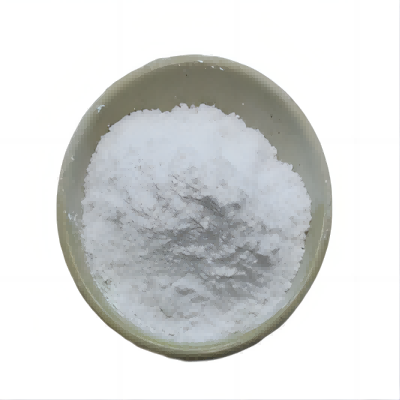
Stevioside CAS:471-80-7 Manufacturer Supplier
Steviol is an ent-kaurane diterpenoid that is 5beta,8alpha,9beta,10alpha-kaur-16-en-18-oic acid in which the hydrogen at position 13 has been replaced by a hydroxy group. It has a role as an antineoplastic agent. It is a tetracyclic diterpenoid, a tertiary allylic alcohol, a monocarboxylic acid, a bridged compound and an ent-kaurane diterpenoid. It is a conjugate acid of a steviol(1-).
-
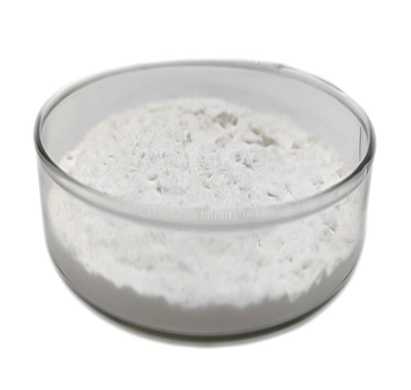
Adenine phosphate salt CAS:70700-30-0
Adenine phosphate salt, also known as adenosine monophosphate (AMP), is a nucleotide that plays a crucial role in cellular metabolism and energy storage. It is a key component of adenosine triphosphate (ATP), which serves as the primary energy currency in cells. Adenine phosphate salt is involved in various biochemical processes, including the transfer of energy during cellular respiration and the synthesis of nucleic acids.
-
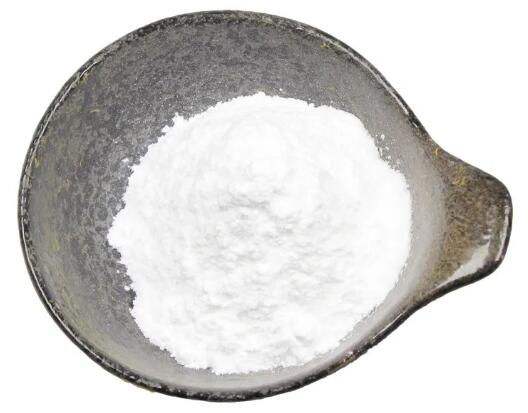
Pepstatin CAS:26305-03-3 Manufacturer Price
Pepstatin is a potent and selective inhibitor of aspartic proteases. It specifically targets enzymes called pepsins, which play a key role in the digestion of proteins in the stomach. By inhibiting pepsins, pepstatin can reduce the breakdown of proteins, leading to a decrease in the production of gastric acid. This makes pepstatin a useful tool in both research applications and potentially in the treatment of certain gastric disorders.
-
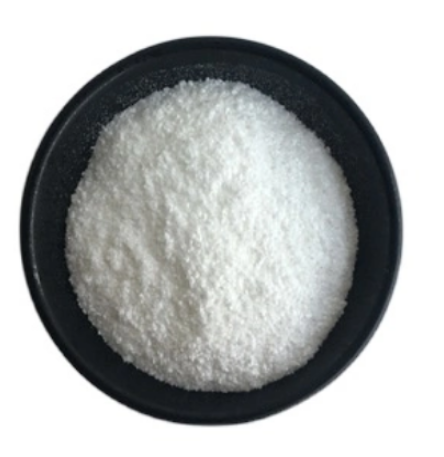
Trypsin inhibitor CAS:9035-81-8 Manufacturer Price
A trypsin inhibitor is a protein or peptide molecule that inhibits or blocks the activity of the enzyme trypsin. Trypsin is a digestive enzyme responsible for breaking down proteins in the digestive system. Trypsin inhibitors are naturally occurring compounds found in various plant and animal sources, such as soybeans, potatoes, and eggs. They play a role in regulating trypsin activity and can have potential applications in research, as well as in industries like food processing, agriculture, and pharmaceuticals.
-

Proteinase K for tritirachium album CAS:39450-01-6
Proteinase K is an enzyme that is derived from the fungus Tritirachium album. It belongs to the class of serine proteases and is known for its ability to efficiently degrade proteins. Proteinase K is widely used in molecular biology and biochemistry research due to its robust activity and broad substrate specificity. It is able to cleave peptide bonds at the carboxyl side of aromatic, hydrophobic, and some small neutral amino acids, making it suitable for protein digestion in a variety of applications. Proteinase K is commonly used for DNA and RNA extraction protocols to remove proteins that may interfere with downstream analysis. It is also utilized in protein characterization studies, protein sequencing, and protein structural studies.
-
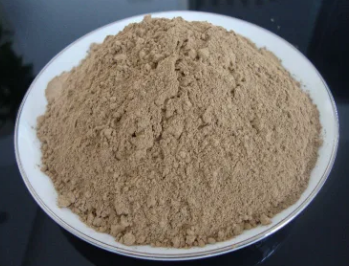
Proteinase,Streptomyces griseus CAS:9036-06-0
Proteinase produced by Streptomyces griseus is an enzyme that belongs to the class of proteases, also known as proteinases or peptidases. Proteases are enzymes that catalyze the hydrolysis of peptide bonds in proteins, leading to their breakdown into smaller peptides or amino acids.
The proteinase produced by Streptomyces griseus is specifically derived from this bacterium. Streptomyces griseus is a Gram-positive, filamentous bacterium that is known to produce various enzymes and antibiotics. The proteinase produced by this bacterium is characterized by its ability to cleave peptide bonds in proteins, resulting in their degradation.
Proteinases from Streptomyces griseus have been widely studied for their industrial applications, such as in the food industry for meat tenderization and cheese production. They are also used in various biotechnological processes, including protein engineering, protein digestion for analysis, and in the production of bioactive peptides.

